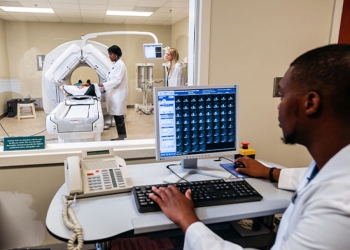The emergence of the omicron variant is a reminder of just how unpredictable the novel coronavirus can be. The new coronavirus variant—first detected in South Africa, and named Omicron by the World Health Organization—has stirred up concerns around the world, sent stock markets on a roller-coaster ride, triggered new air travel bans, and raised a number of questions. This omicron variant pops up in the areas where the vaccination rate is low, so it’s better to get fully vaccinated than panicking about the new variant and also following covid guidelines. Vaccination not only helps in protection against this virus but also it lowers down the risk of spreading rapidly and stops it to evolve into a new threatening variant. Though it’s still unclear whether Omicron is, to any degree, more transmissible or virulent, scientists agree that the best way to stay protected against any virus variant is vaccination.
WHO Warns Covid variant Omicron Risk ‘Very High’
In the case of Omicron, it’s true there are a lot of mutations. There are really severe, drastic changes in the (spike) protein that binds to the receptor. This is because all viruses make mutations. The coronavirus, in fact, makes much fewer mutations than any other virus because it has a proofreading system. Viruses that don’t have this system can’t (survive). That’s why coronaviruses have a very strong proofreading system. RNA viruses [like the coronavirus] particularly have to be very cautious about how many changes they can make. In this case, even though we have a mutation, it’s not in the receptor-binding site area so much. Thus, if they change too much, the virus will not bind [to host cells] and will not survive. So, there is a constraint there and they can’t change too much. And the vaccines target that area, so the vaccines will still work against Omicron infection.























